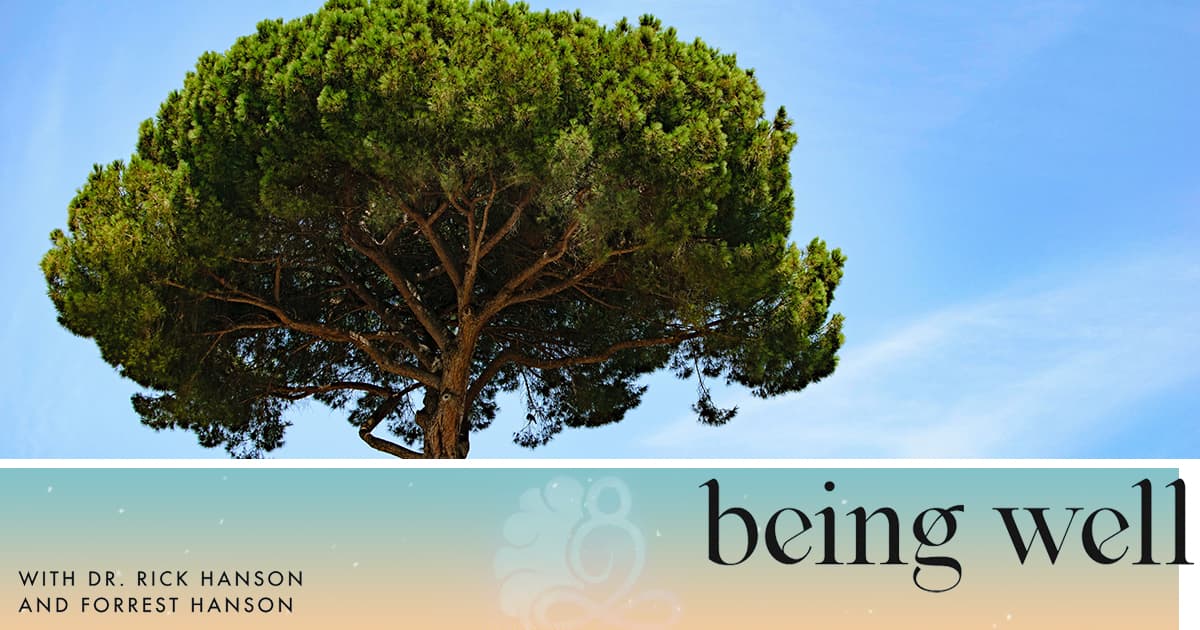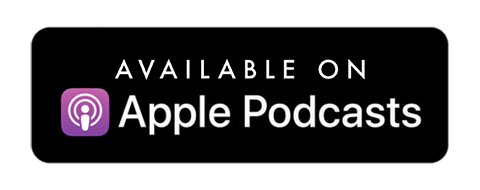25 Sep Being Well Podcast: Authenticity: How to “Be Yourself”

We’re often told to “be true to ourselves:” to line-up the person we are on the outside with the person we are on the inside. In a word, to be authentic. But what does it mean to “be who we are,” “get in touch with ourselves,” or to go full new-age “live in alignment with our higher purpose?” What even is authenticity really?
In this episode of the Being Well Podcast, Dr. Rick and Forrest explore what authenticity is, where it comes from, and whether it’s actually a good thing to be more authentic. They talk about what we really mean when we use the word “authenticity,” the fragmented nature of the self, and problems with unregulated self expression. They then turn towards how we can include all of ourselves, act from our values, and become at peace with who we are.
You can watch this episode on YouTube.
LISTEN
WATCH
Key Topics:
0:00: Introduction
2:35: How Rick thinks about authenticity
6:10: Congruence, presentation, and the difference between honest and good
13:45: A personal example of authenticity from Rick and Forrest
17:00: Self-disclosure as a factor of intimacy
19:45: What parts of ourselves are we being authentic to?
23:15: Vulnerability and aspiration
28:10: Carl Rogers’ idea of the perceived self and the ideal self
33:20: Is self-improvement authentic?
36:30: Unconditional positive regard, and embodiment
40:10: Naming what you’re feeling, the vastness of the psyche, and self-honesty
46:25: Having a secure environment for aspirational change
48:45: Individualism, social roles, and intrinsic vs. extrinsic motivation
53:05: Archetypes, the shadow, and integration
59:20: Recap
Support the Podcast
We’re now on Patreon! If you’d like to support the Being Well podcast, follow this link.
Factor delivers fresh, never-frozen, fully prepared meals right to your door. Head to factormeals.com/beingwell50 and use code beingwell50 to get 50% off.
The Turning Points podcast is BACK with a new season. Check out season 3 of Turning Points: Navigating Mental Health wherever you get your podcasts.
Zocdoc helps you find expert doctors and medical professionals that specialize in the care you need, and deliver the type of experience you want. Head to zocdoc.com/being and download the Zocdoc app for FREE.
Join over a million people using BetterHelp, the world’s largest online counseling platform. Visit betterhelp.com/beingwell for 10% off your first month!
Want to sleep better? Try the Calm app! Visit calm.com/beingwell for 40% off a premium subscription.
Finally get that project off the ground with Squarespace! Head to squarespace.com/beingwell for a free trial, and when you’re ready to launch use coupon code BEINGWELL to save 10% off your first purchase of a website or domain.
Connect with the show:






